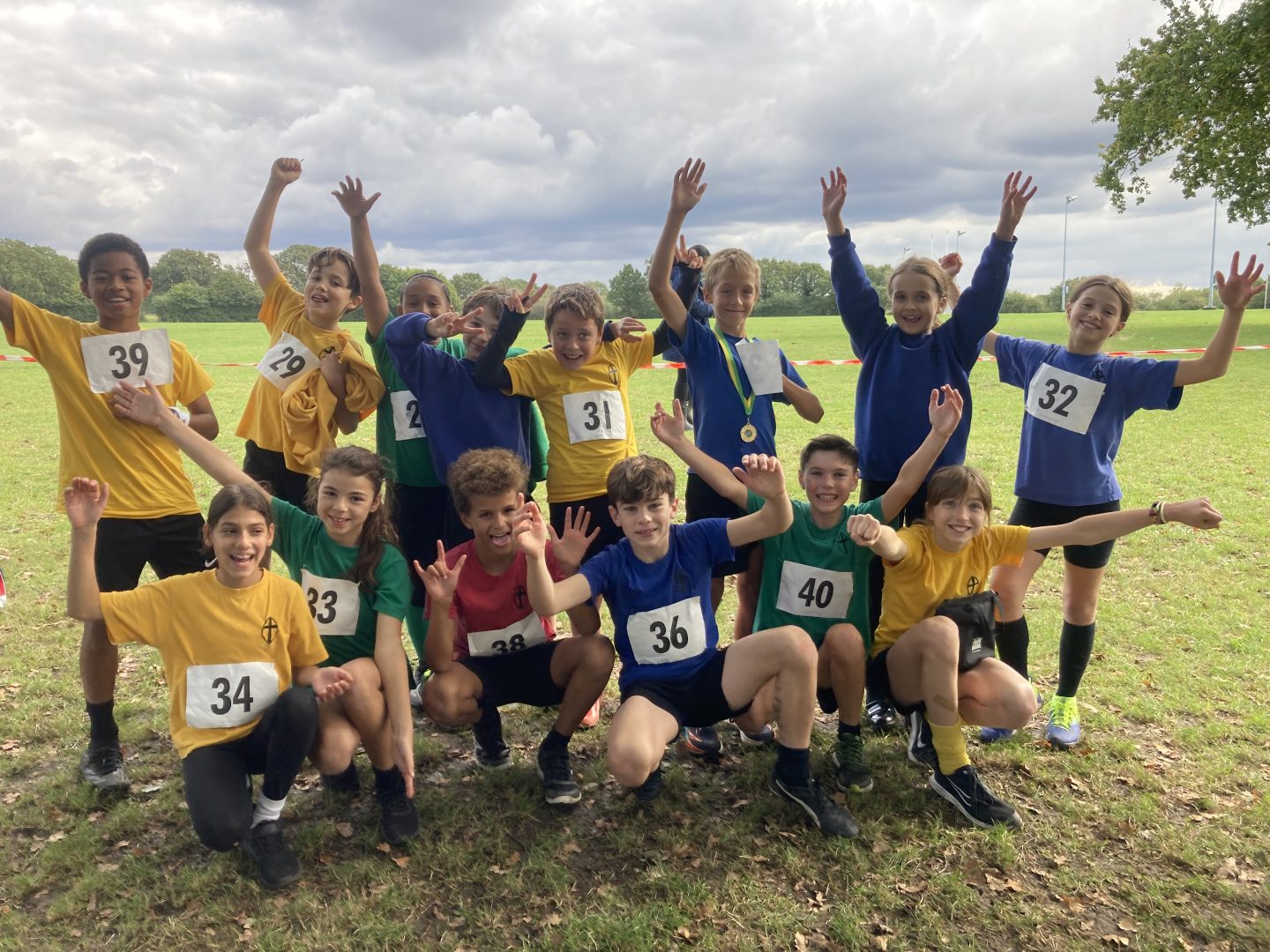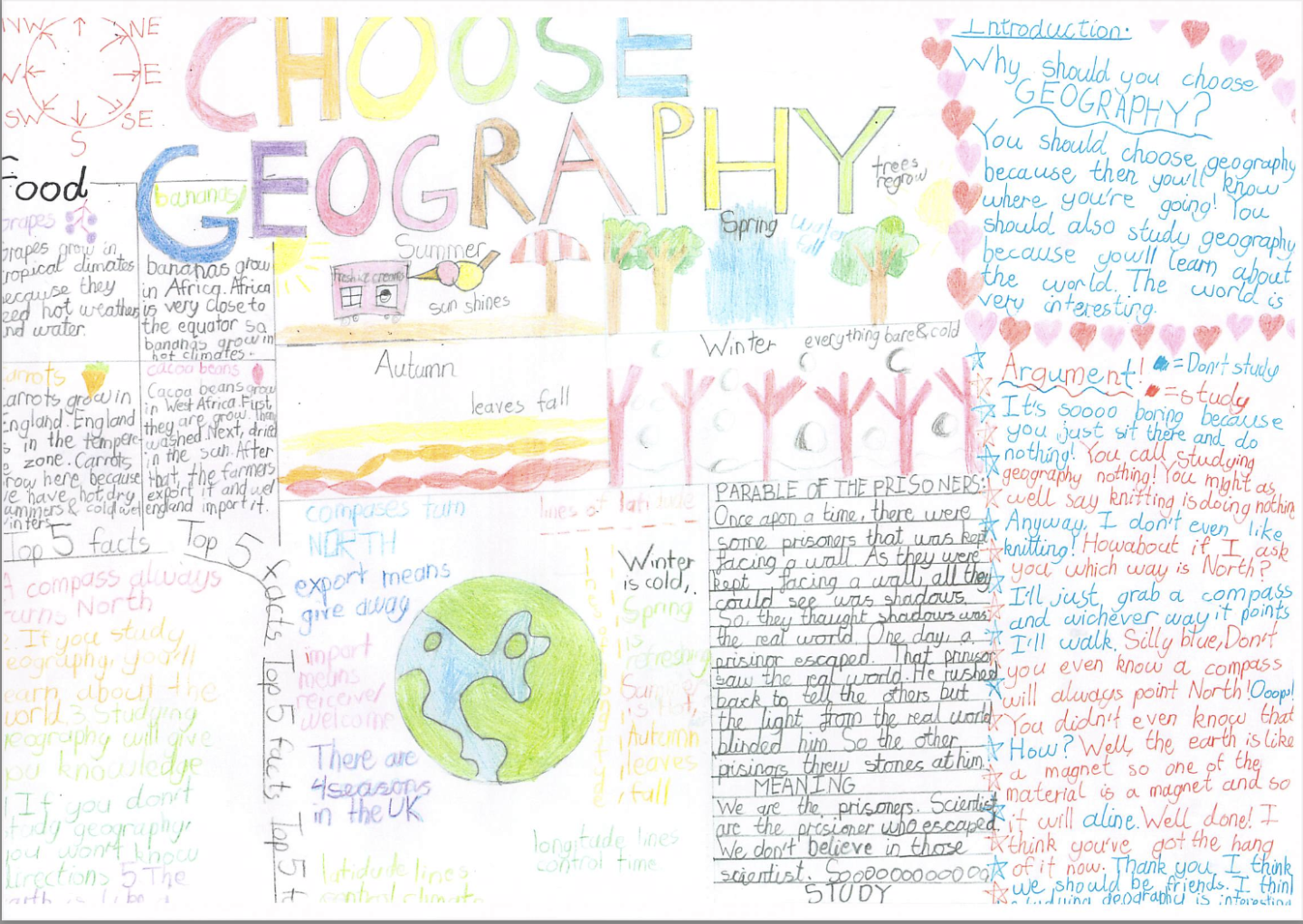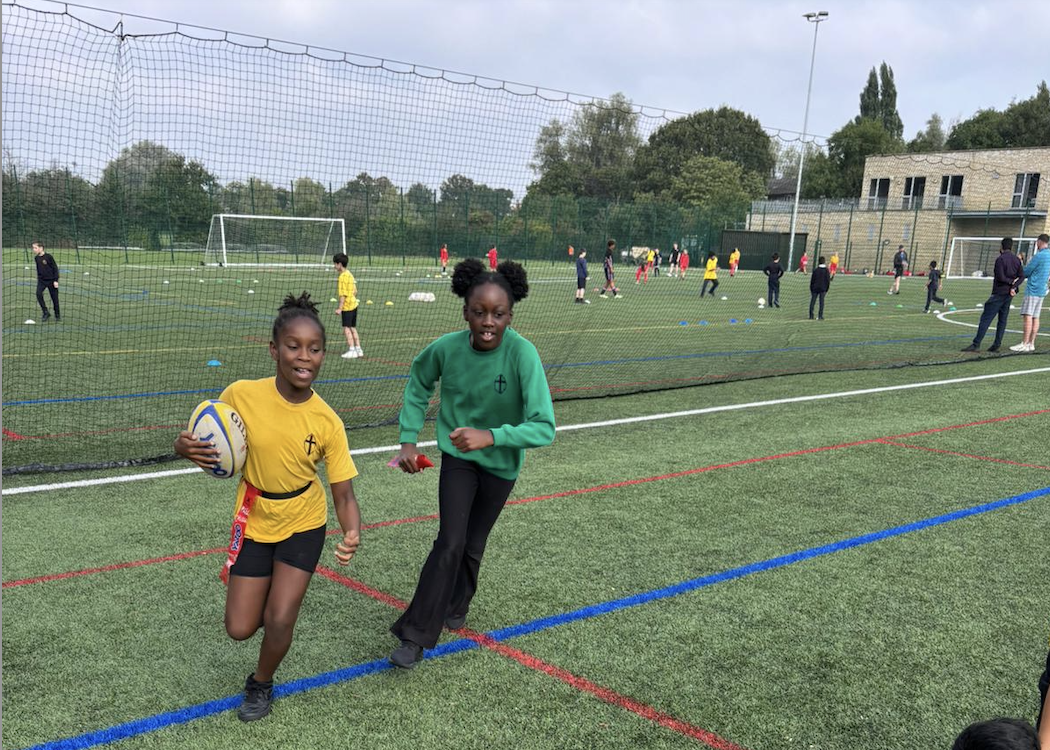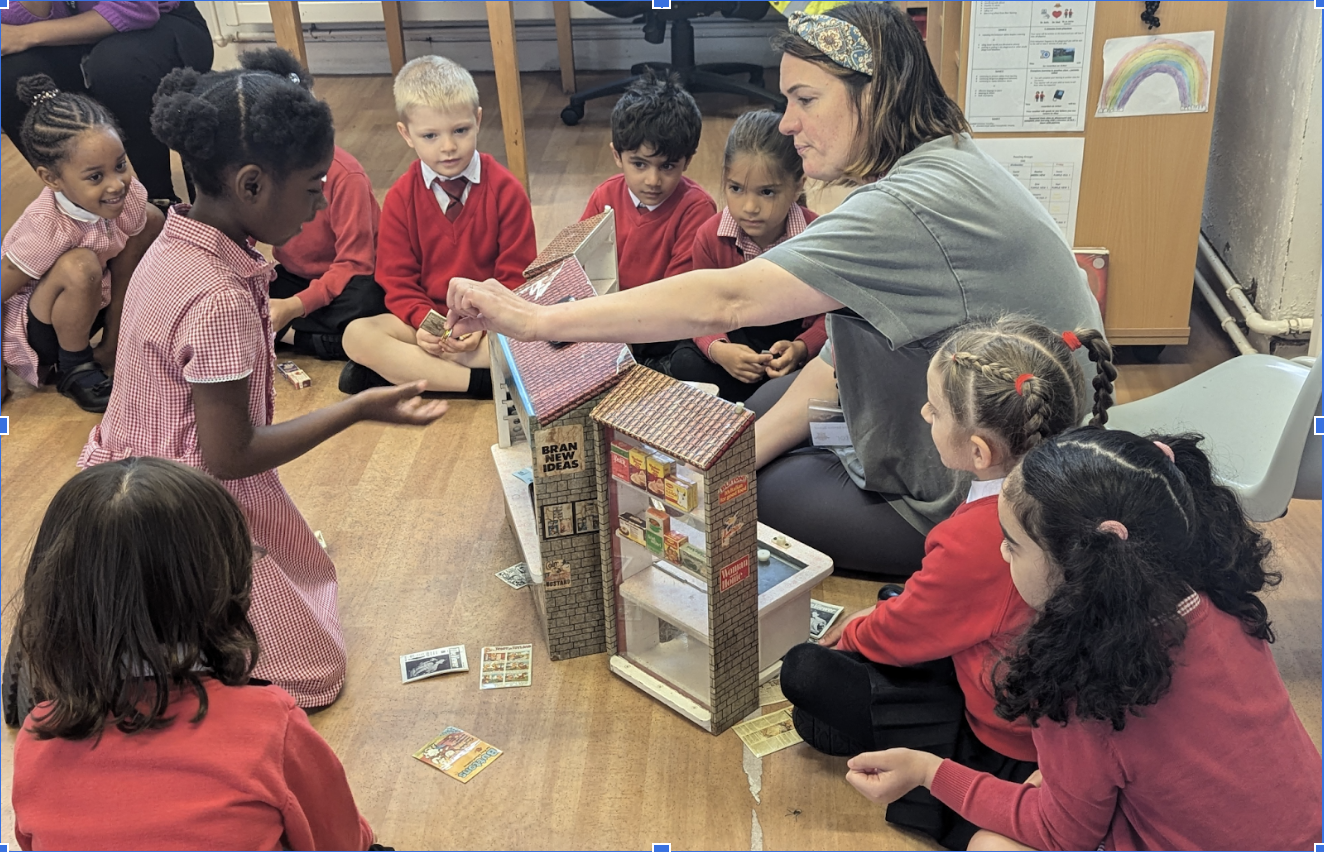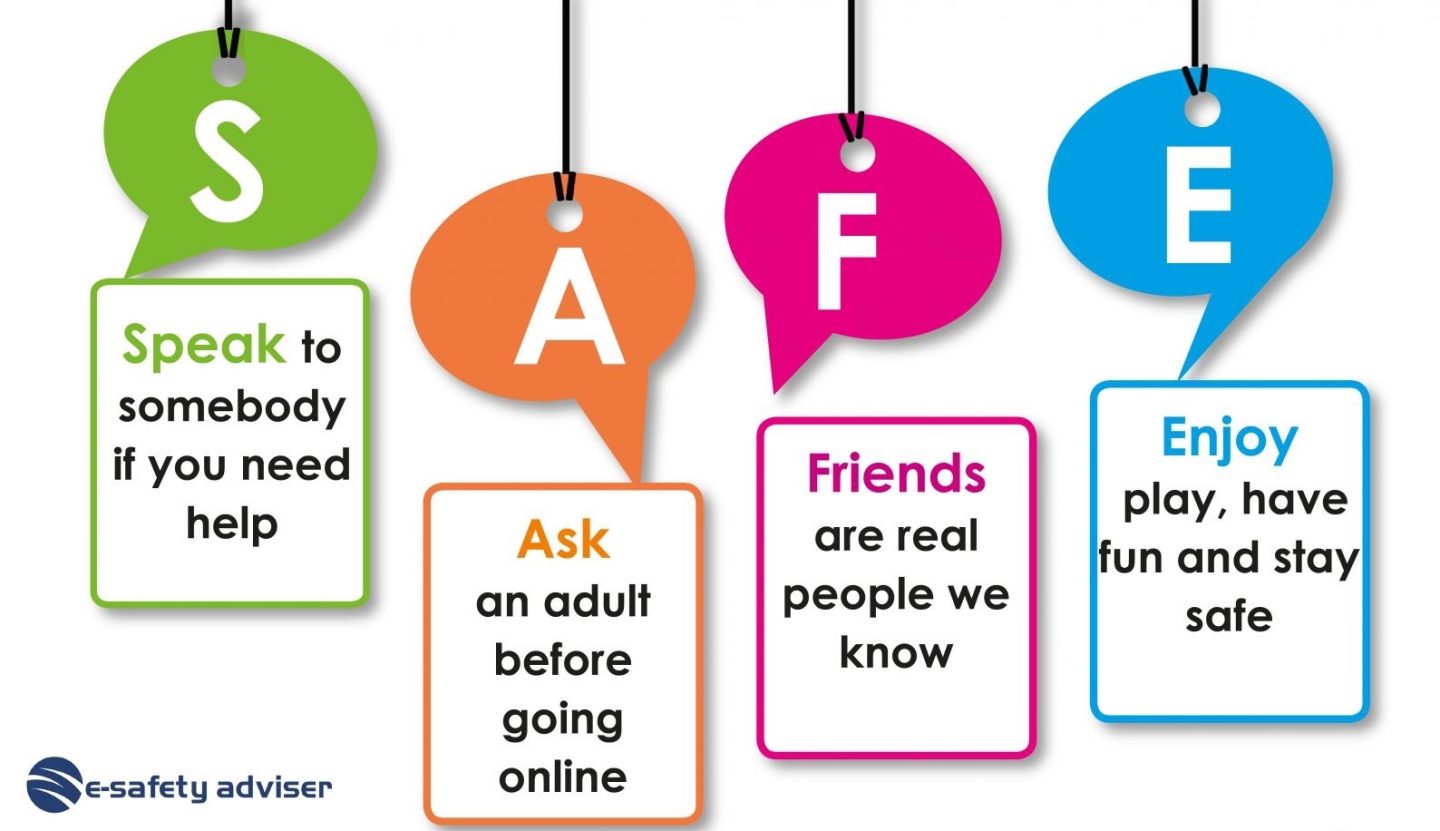Implementation
PSHE teaching (Personal, Social, Health and Economic education) is focused around three key themes in each year group: Mental Health and Wellbeing, Living in the Wider World and Healthy Relationships. PSHE is taught weekly as an individual subject and recorded in class PSHE workbooks.
EYFS
In Nursery and Reception pupils are guided to play cooperatively, taking turns and showing sensitivity towards others as they learn to form positive relationships with adults and children. Pupils discuss with others their likes and dislikes, building confidence to speak in a group. Pupils are taught about different emotions and feelings and they consider how different behaviours have different consequences. They are introduced to school and class rules and understand the importance of rules in keeping us safe.
KS1
In KS1 pupils learn about making good choices around eating, exercise and dental care and also explore choices through looking at voting and democracy. When learning about living in the wider world, pupils reflect on what makes us special and who keeps us safe. Pupils are taught how we can be safe online, and what the differences are between wants and needs. Pupils focus on healthy relationships and learn about what values are important in a friendship; pupils have time to reflect on what makes them proud and why it’s important to take care of themselves.
Lower KS2
In Years 3 and 4, pupils learn how to keep their bodies healthy, including looking at healthy eating, exercise and the effects that different actions can have on their bodies. Pupils learn about different charities and needs around the world, explaining how their lives differ to people from other countries. Pupils are taught at an age-appropriate level about how to keep themselves safe on the internet and when out in public. Pupils focus on healthy relationships and discuss how they can be good friends to one another and solve conflicts. Pupils are also taught how to safeguard themselves, including identifying adults they can talk to if they are feeling scared or worried.
Upper KS2
In Years 5 and 6, pupils are taught about the importance of making good choices to keep their minds and bodies healthy and pupils discuss the ways in which we are similar and different. Pupils are given opportunities to discuss concerns they have about things they see online and where to go to for support. Pupils consider stereotypes and how to challenge these, and they prepare for life in the wider world by deepening their understanding of salaries and the ‘value of money’. Pupils continue their learning in identifying the qualities of a good friend and how to maintain positive relationships and go on to explore the impact of puberty on the body and relationships. Pupils are taught about the importance of physical hygiene and are given opportunities to discuss and reflect on the emotional and physical changes occurring in puberty.
Our teaching of PSHE is enriched through our work with theatre companies and charities such as Loudmouth and the NSPCC to provide informative and interactive pupil and parent workshops about bullying, relationships and sex education. This enables parents to support their children in these key curriculum areas. Our curriculum provides many opportunities for pupils to learn how to keep themselves safe with supportive interventions such as playground friends, social skills groups, internet safety workshops, anti-bullying classes and the PANTS rule from the NSPCC.
More information about the PANTS rule can be found here.
Our PSHE curriculum can be found below:
PSHE Curriculum Unit Overview 23/24
Slides from our most recent Puberty/PSHE workshop can be found below:
Puberty Parent Workshop
RSE Parent Information Workshop
PSHE includes the teaching of Relationships and Sex Education (RSE). This policy can be found on our School Policies page.
The DfE publication: Understanding Relationships and Health Education in your child’s primary school: a guide for parents can be found below.
Understanding Relationships and Health Education in your child’s primary school: a guide for parents




